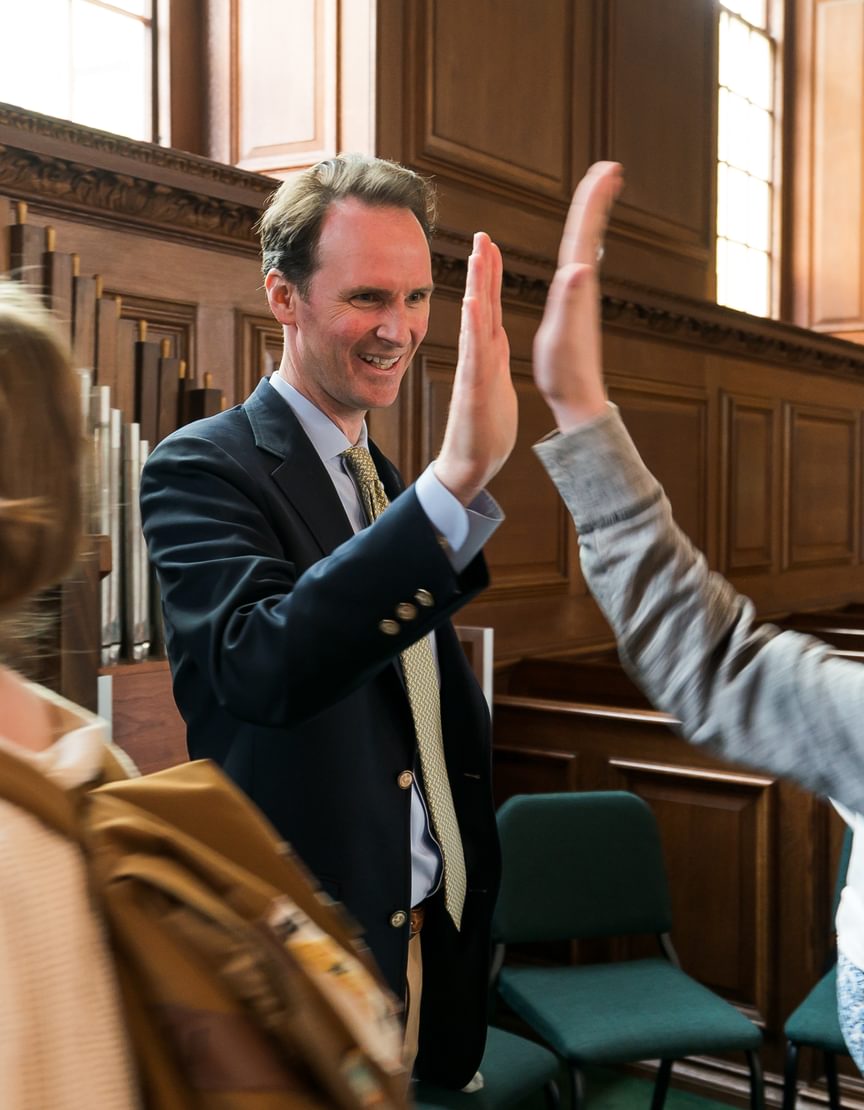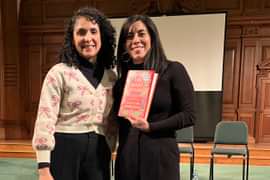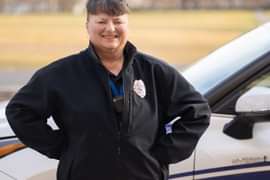
July 29, 2019
Hacked and better for it
Two alumnae reflect on Palfrey's teachingby Gabrielle Fisher ’13 and MJ Engel ’13
After years of undergraduate and graduate school, John Palfrey’s “Hacking: A Course in Experiments,” continues to be the most unconventional class we’ve ever taken. Winter term of our senior year, hurrying over to Phelps House for fourth period became the highlight of our day. On our way, we’d mull over the questions we had about our readings, which ranged from the fallout from sophisticated malware like the Stuxnet virus, to disruptions in pedagogy and new approaches to democratizing education with Khan Academy.
These topics may seem incongruent, but ultimately, John tied them together with one common thread: the argument that “hacking” is not merely an act committed with code, but instead, an entire philosophy for disrupting status quos and rapidly affecting change, sometimes in the face of bureaucratic institutions and the law. To hack is not to wreak havoc for the sake of a certain ideology or even hobby; instead, to hack is to identify unconventional and effective means of achieving an end.
Phelps House, the head of school’s home, offered an environment that granted a dozen or so students the space to feel at home with our evolving opinions. All of the topics we discussed had no clear answers, and often were based on still-developing contemporary events. Moving with the news, we had to be limber with our analysis, and empathetic to the views of all stakeholders.
We pushed ourselves to think across disciplines and tie together threads between fields, from computer science to history, as we sought to apply precedent to hackers’ actions. John equipped us with skills to address complex and controversial topics related to hacking.
His class turned out to be extremely prescient when Edward Snowden’s leaks about FISA and PATRIOT Act surveillance provisions rocked the news shortly after our graduation in June 2013. Fundamentally, John taught us how the hacking ethos offers an inquisitive, collaborative, and generative orientation to the world—one that must be managed with great responsibility.
Thinking across disciplines and considering a future where technology holds vast implications for the history we now write has profoundly impacted our paths beyond Andover.
ABOUT THE AUTHORS
Gabbi Fisher is a systems engineer at Cloudflare in San Francisco, where she works at the intersection of computer security research and practical systems implementation. She holds a B.S. and M.S. in computer science from Stanford University and points to John’s class as the catalyst for her interest in engineering and information security.
MJ Engel graduated from Columbia University with a B.A. in sustainable development and women and gender studies. After spending a year as a Fulbright scholar in China, she is returning to Andover as a teaching fellow in the English Department this fall. “Hacking” the traditional research paper, MJ completed her Fulbright project with a multimedia approach that incorporated film, essays in English and Chinese, and a series of educational workshops.





